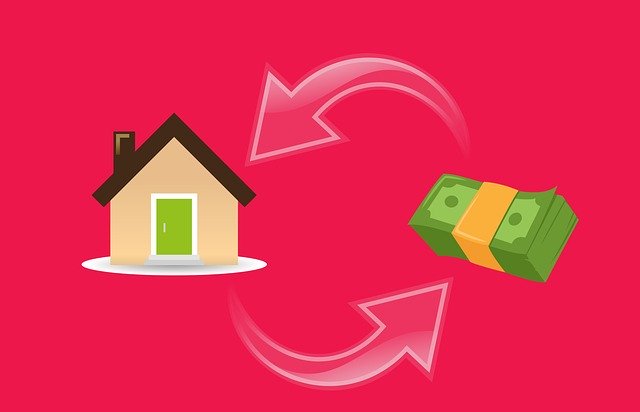Buying a home is not cheap. It is one of the most expensive purchases in a family. For most, buying a house entails acquiring a mortgage to facilitate their purchase. Whether you’re building your dream home or buying an existing property, it is highly likely that you will need a loan to make it happen. This piece highlights what you need to know if you plan on financing your first home.

A loan used to purchase a home is called a home mortgage. The owner of the property (the borrower) transfers the title to the lender. Such transfer is subject to the condition that the title will be transferred back to the owner once all the terms of the mortgage have been met.
For first-time home buyers, this might seem a little tricky. Learning the basics of acquiring a home mortgage is, therefore, a necessity. If you find it difficult, a little assistance from reliable, professional mortgage brokers might also help, perhaps, you can hire mortgage brokers like Darwin Broker to assist you in getting a home mortgage and answering all your questions.
Whether or not you get professional help or go through the process on your own, in this article, we have gathered a few basics that we think you should know for financing your first home.
What is a mortgage?
A mortgage is a type of loan secured by real estate, perhaps, the home you just bought. Through a mortgage, you promise the lender to pay back, usually in installments, the money you borrow to purchase the home.

If it comes to the point that you don’t make your payments, the lender will most likely proceed with foreclosure. This will involve an eviction notice. Once completed, the lender will look to get the property sold, often at a public auction. The proceeds are then used to pay off your mortgage debt. You can try to avoid the eviction process in Louisville by selling your home to a cash buyer.
What is included in my monthly payment?
Usually, your monthly installment includes the principal, interest, taxes, and amortization on the insurance.
- The principal is the amount you borrowed or financed from the bank or financial institution (lender).
- The interest is the amount, usually in percentage, which the lender charges you for the use of the money.
- The taxes are the amount you pay as property taxes to your locality.
- Finally, insurance is the amount you pay to insure your home from damages brought about by fire, earthquake, flood, and other natural disasters. Most banks and financial institutions require the procurement of insurance contracts on loans to secure their interest over the property.
Should I pre-qualify for my mortgage?
This is the preliminary part of the process of acquiring a mortgage. This is where you provide the lender with some of your necessary information.
Basic information includes your assets, liability, and net worth. They will also inquire into your source of income. They will ask how much you make in a month or a year. Basically, they will look into your financial situation so they can assess which type of loan you can probably apply for and on what terms you will probably get it.
This process does not require the review of your credit record just yet, nor does it determine whether or not you are qualified for a mortgage. Pre-qualification helps you get an idea of the amount you can finance, but you will not know yet whether or not you will qualify for it.
How is pre-approval different?
If you are serious about buying a home, you should get pre-approved for your mortgage. Home sellers are looking for that pre-approval letter when they approve a showing.
Before getting pre-approved, you will be required to complete a mortgage application. The lender will ask for documentation on your source of income and other personal records. Some usually require the payment of an application fee. In this process, the lender often pulls out and reviews your credit record.
Once you get pre-approved, the lender will be able to provide you with information as to the amount of financing, the potential interest rate, and a rough estimate of your monthly payment for principal and interest only. Here, taxes and insurance are not yet included.
Getting a pre-approval helps one save time since it can facilitate your search for homes within your pre-approved price range. Also, it gives sellers the impression that you are serious about purchasing a home.
Credit Score
In getting any loan, especially a home mortgage, your credit score matters. This is especially true if you’re financing your first home. Your credit rating is among the most critical information in obtaining a mortgage, especially in fixing the rate of interest.
It plays a vital role in the mortgage application process. For instance, people with lower credit scores usually have a hard time obtaining a loan. If they qualify, they typically get it at a higher interest rate. On the other hand, people with higher credit scores can obtain a loan more easily and at a lower interest rate.
Takeaway
Purchasing a home is indeed a big decision. Most people buying homes will need to obtain financing in order to do it.
So it really pays to understand all aspects of financing your first home or have an expert on your team who does. Work on building your credit score. This will help you move toward achieving the American Dream of homeownership and you’ll be glad you did.



